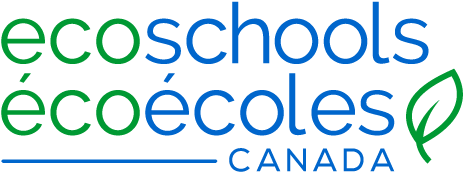
Worried that you haven’t run an Environmental Stewardship campaign yet? You still have plenty of time. February may be a short month but it includes some of our favourite earth-friendly campaigns, from active transportation to citizen science. Choose one (or more) and get planning.
Kick off February with Winter Walk Day on February 7th!
- Join schools across Canada on the first Wednesday of February each year for Winter Walk Day! Walking or wheeling to school is healthy, environmentally friendly, and great for getting to know the neighbourhood.
- Not sure how to go about planning your first Winter Walk Day? Visit Active and Safe Routes to School for plenty of resources
- Find out how Burford District ES (GEDSB) combined getting active with sharing eco facts related to their school community’s transportation choices and local environmental and health concerns.
- For best practices on running an active transportation campaign, download our Active Transportation Campaign Kit. Remember to claim school-wide campaigns in your online application (Questions 6.1-6.4)!
Feeling chilly? Instead of turning up the thermostat, put on your warmest knits for Sweater Day on the first Thursday in February.
- Did you know that since 2010, over a million Canadians have participated in National Sweater Day at their schools, workplaces and homes? Thinking of how much energy we could save if we regularly set the thermostat just one or two degrees lower than the norm.
- Our Energy Study conducted last year by Enerlife Inc. found that certified EcoSchools tended to be more energy efficient than non-EcoSchools. Embedding environmental campaigns like Sweater Day into school culture can make a difference!
- Sweater Day is a fun way to celebrate saving energy – but it’s only one day. If this campaign is popular with your school, why not extend your campaign throughout the week or month by working with custodial staff to adjust the automatic settings?
Get your binoculars out: the next Great Backyard Bird Count happens February 16-19, 2018.
- The GBBC brings together bird watchers of all ages and experience levels across North America to count birds.
- Why take part? You’ll contribute to dataset capturing a real-time snapshot of where birds are. Anyone can participate, from beginners to experts – and you can commit as much or as little time as you like.
- This is also a great chance for students to see how their efforts can be part of a larger movement of citizen scientists doing their bit to understand and act as stewards for our feathered friends.
- Ontario EcoSchools’ Executive Director, Elanor Waslander, is an avid birder. One fun resource she recommends for those newer to bird identification is learning a few bird call mnemonics (click to find out which sweet bird says “Pleased-pleased-pleased-pleased-ta-meetcha”).

Recent Comments